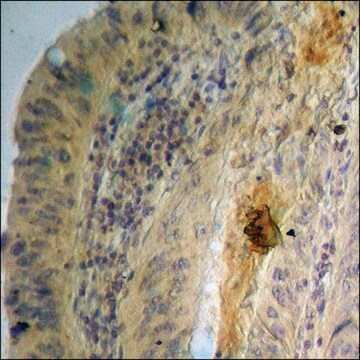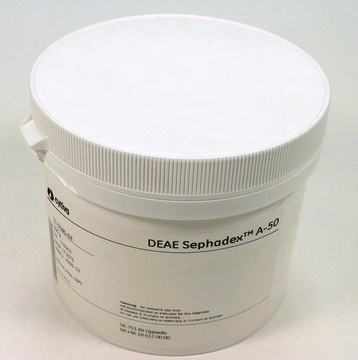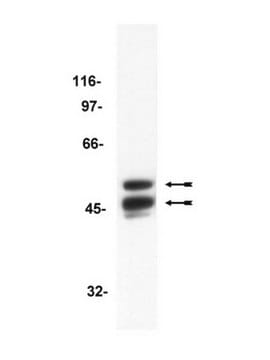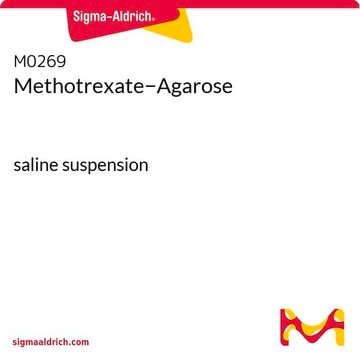G5791
Anti-phospho-Glycogen Synthase Kinase 3α/β (pTyr279/216) antibody produced in rabbit
affinity isolated antibody, aqueous glycerol solution
Synonym(s):
Anti-phospho-GSK α/β (pTyr279/216)
About This Item
Recommended Products
biological source
rabbit
Quality Level
conjugate
unconjugated
antibody form
affinity isolated antibody
antibody product type
primary antibodies
clone
polyclonal
form
aqueous glycerol solution
mol wt
antigen 47-51 kDa
species reactivity
human, mouse, rat
technique(s)
dot blot: suitable
indirect ELISA: suitable
western blot: 1:1000 using MCF-7 cell extract
UniProt accession no.
shipped in
wet ice
storage temp.
−20°C
target post-translational modification
phosphorylation (pTyr279/pTyr216)
Gene Information
human ... GSK3A(2931)
mouse ... Gsk3a(606496)
rat ... Gsk3a(50686)
General description
Immunogen
Application
Physical form
Disclaimer
Not finding the right product?
Try our Product Selector Tool.
Storage Class Code
10 - Combustible liquids
WGK
WGK 3
Flash Point(F)
Not applicable
Flash Point(C)
Not applicable
Personal Protective Equipment
Certificates of Analysis (COA)
Search for Certificates of Analysis (COA) by entering the products Lot/Batch Number. Lot and Batch Numbers can be found on a product’s label following the words ‘Lot’ or ‘Batch’.
Already Own This Product?
Find documentation for the products that you have recently purchased in the Document Library.
Our team of scientists has experience in all areas of research including Life Science, Material Science, Chemical Synthesis, Chromatography, Analytical and many others.
Contact Technical Service








